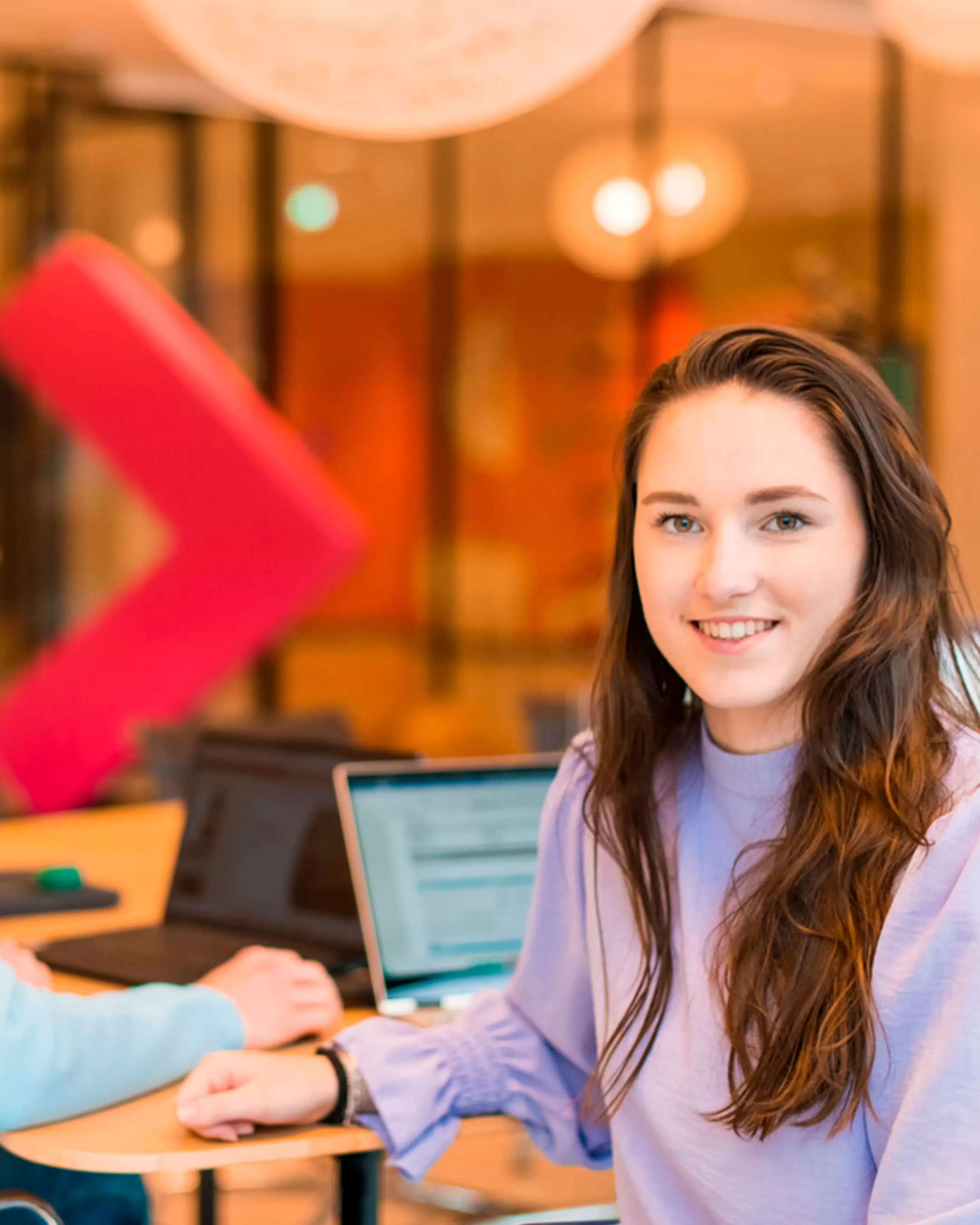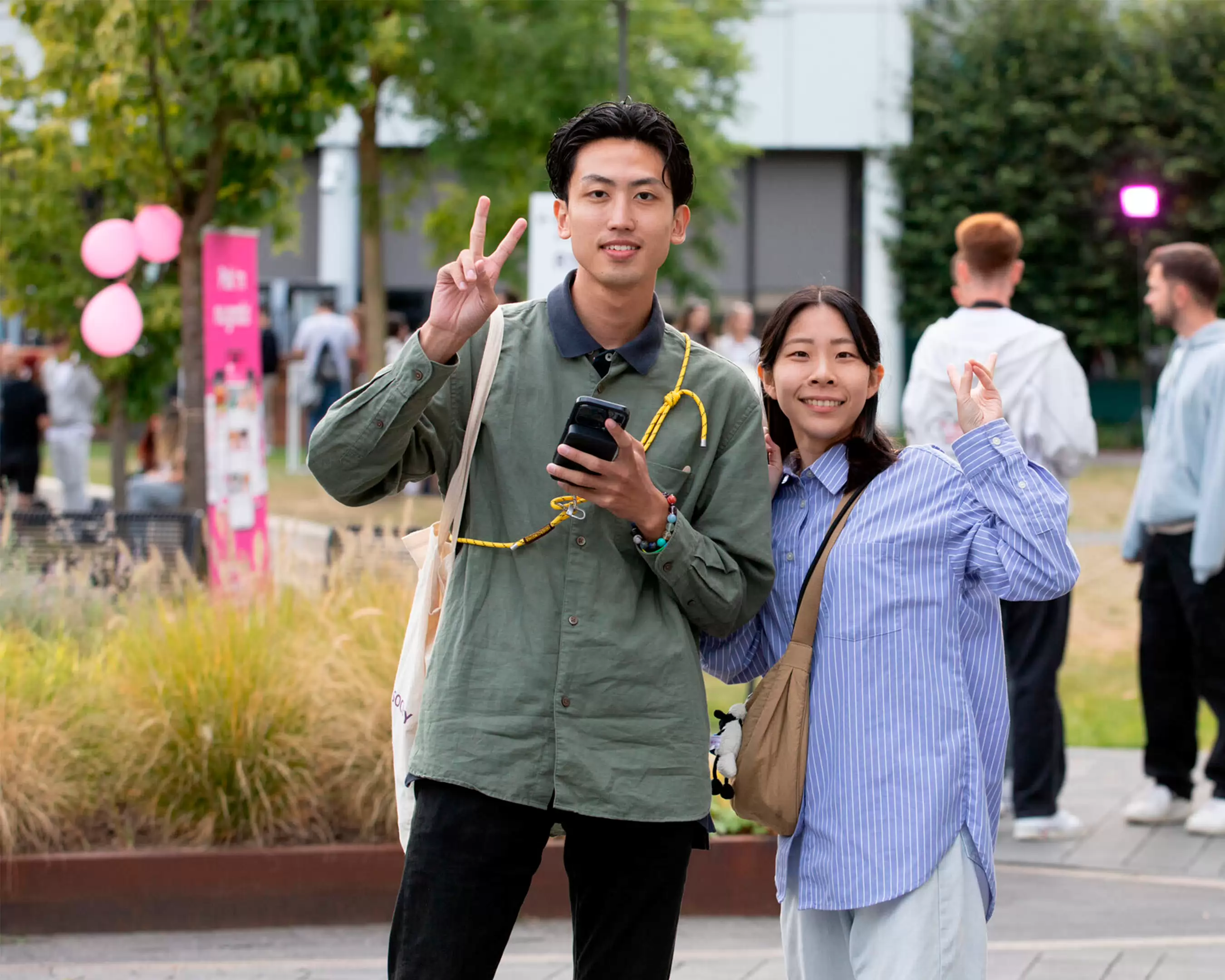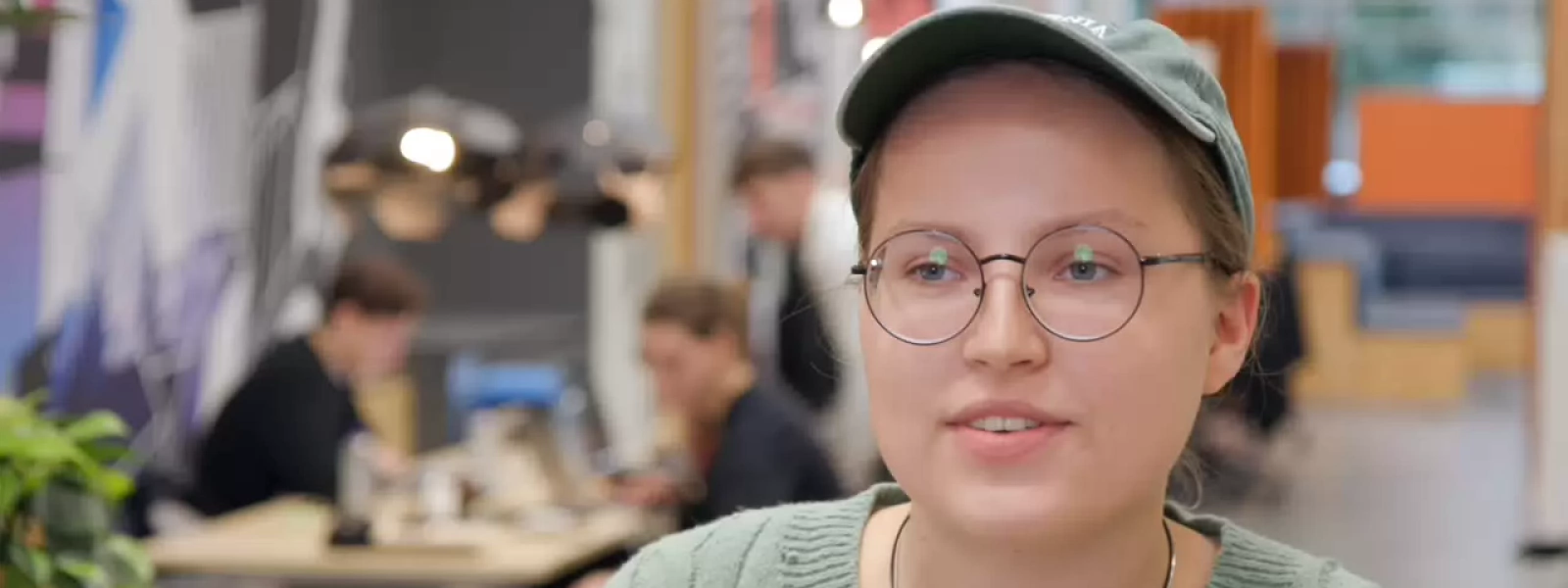

Transmedia Design
About the exchange programme
In the minor Transmedia Design & Storytelling, you will not only think aboutwhatstory to tell, but alsohowto tell it. You will explore innovative ways of storytelling using multiple platforms and learn how to create interactive and participatory stories.
You will do so by designing a transmedia production yourself (for example a campaign, an art-project, an immersive experience, an interactive documentary, etc). You will explore all kinds of media tools and techniques to create a cohesive, engaging experience. Experimenting with new media techniques, like VR, AR, and generative AI tools is encouraged.
To get a good view on our day to day activities, follow us on Instagram.
Why this programme?
- You will discover the world of transmedia and storytelling.
- You will learn how to connect strategy with creativity.
- You will explore cutting-edge media techniques.
- You will be surrounded by multiple nationalities.
More about Transmedia Design & Storytelling
At the minor, we look for innovative ways of storytelling, and we stir up the conversation making use of multiple platforms. The stories you create are interactive and participatory, drawing the audience in.
We encourage you to experiment. You’ll be challenged to explore and learn new media techniques, get acquainted with VR, AR and AI tools and discover how these can help you tell the story you want.
Also we help you expand your world. You will study best practices from all kinds of domains and we take you on excursions to broaden your horizon. Just as important: you’ll do all this in an international classroom, learning about stories from all around the world.
For who?
This minor is designed for undergraduate students who already have some basic knowledge and skills with (market)research and/or ideation and concepting and/or media design.You don’t need to be an expert. What matters most is your curiosity and motivation.
There are no other admission requirements. However, we’d love to get to know you before we begin. After joining the Minor Teams page, we will ask you to upload a short presentation in which you introduce yourself, show some of the work you’ve done, and tell us what you expect from the minor.
We value commitment, enthusiasm and an open mindset. Choosing this minor means joining a full‑time learning community for one semester. You’ll collaborate, experiment, share skills and insights, and grow together. Classes support your development, but real progress comes from trying things out, giving and receiving feedback, and showing how your work evolves over time. The more you explore, the more you’ll get out of this minor.
How to apply as an exchange student
Applications should always be submitted via the International Exchange (or Erasmus) Officer at the home university. If several versions of the programme are offered, please indicate for which version you would like to apply to (Programme I, Programme II, Programme III, etc.) This officer will send your application request (nomination) to Fontys. Once Fontys has accepted the application, your Fontys study department will send you a link to a web application called Mobility Online.
Deadline for application
Fall semester: 15 May
Spring semester: 15 November
Note: Not all exchange programmes are available every semester. To find out when this programme is offered, please check its specific details.
How will your course programme be recognised by your home university?
Fontys will provide you with a so-called ‘Transcript of Records’, which will clarify the results that you have achieved. Depending on your results, you will receive a maximum of 30 ECTS credits. ECTS credits are recognised throughout Europe. The agreement between your home university and Fontys University of Applied Sciences will usually include a condition whereby the credits that you obtain will be recognised and transferred into the records kept by your home university.
Practical information
- Start moment(s)
- September, February
- Location
- Tilburg
- ECTs
- 30
- Language
- English
- Duration
- 20 weeks
Fontys Academy for the Creative Economy is a 'bring your own device'-academy, meaning you need to have a proper working laptop preferably containing the full Adobe CC software. In case you do not have ADOBE CC installed you can obtain a student license (€150,- for 2 devices for 1 year) or work on campus on some available desktops. ADOBE CC is not compulsory.
The minor uses various literature sources that are all free available digitally. You are welcome to purchase the literature yourself but it is not compulsory. The complete literature list is published in the syllabus that will be handed to you upon definite enrolment.
For more detailed information about practical matters, such as financial matters, residence permit, health insurance and accommodation, please click on the button below.


